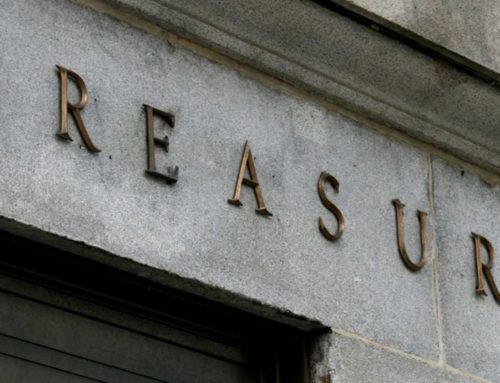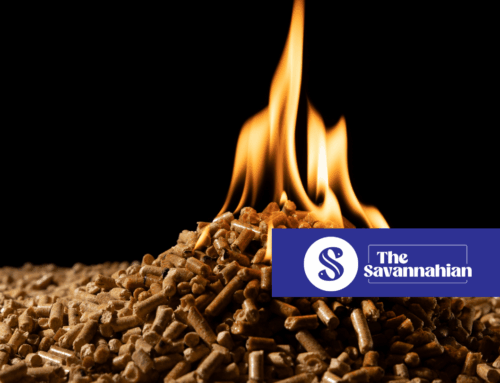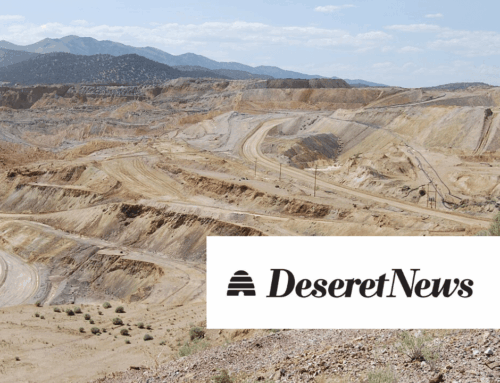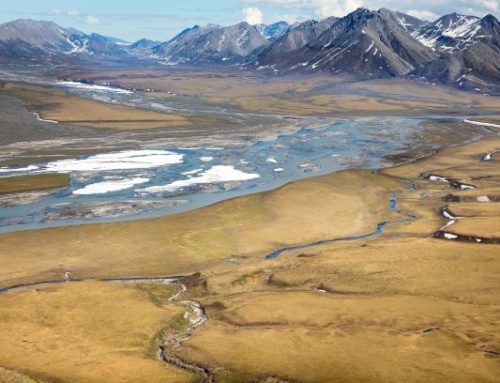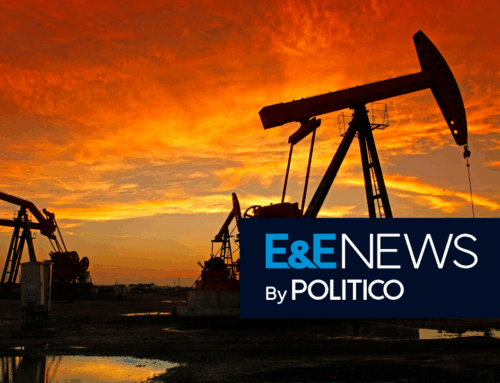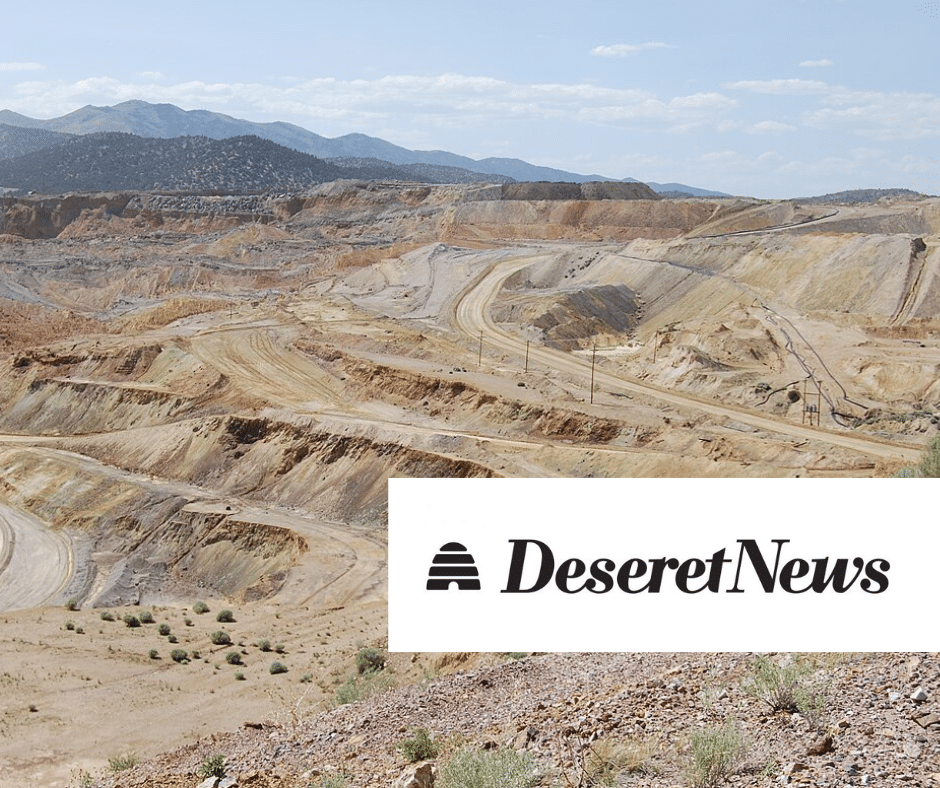If the heat escapes from your home, you still pay the power company for it. Oil and gas companies often lose a precious resource—natural gas—when they leak or burn it on public lands, but they don’t want to pay you, the taxpayer, for it.
 Here’s the background:
Here’s the background:
When the Bureau of Land Management (BLM), which manages our public lands, recently proposed new rules to charge royalties on some of the natural gas that is wasted in drilling operations, the oil and gas industry claimed that only it has the power to decide when gas is actually being wasted. This argument, quite simply, defies logic and demonstrates how insufficient oversight has aided the industry in dictating the terms of resource development on taxpayer-owned lands.
Indeed, oil and gas companies leaked or burned enough natural gas between 2009 and 2014 to serve about 5.1 million households for a year. The amount of natural gas lost from oil and gas wells on federal lands is increasing much faster than production in some states. In 2013 alone, lost gas had a sales value of $392 million and a royalty value of $49 million.
In January, the BLM proposed to update the 36-year-old rule covering wasted gas. The agency wants to limit waste and collect royalty payments for lost gas. The new rule would require companies to use off-the-shelf technology to capture gas now being vented or burned off as waste. Because the gas would be sold, the BLM estimates the rule would produce net benefits worth about $188 million annually. A final rule is expected sometime this fall.
Opponents argue that the new rule is unnecessary, and that the BLM does not have the authority to decide when a company is wasting gas. In its official comments to the BLM, the American Petroleum Institute (API) says that the BLM must rely on individual oil and gas companies to determine when the agency may charge a royalty on gas being leaked or burned. According to the API, if it is not profitable for companies to capture and sell the gas, the government should not require them to pay royalties. Talk about self-interest: This is taxpayer-owned natural gas going up in smoke, quite literally, instead of being brought to market–all with no consequence to industry.
The BLM’s inconsistent, case-by-case application of outdated standards is a big reason for such an ineffective program. Because it is unrealistic to expect BLM personnel in Washington or in Western states to audit every company operating on federal lands to determine their costs, virtually all of the gas leaked or burned on federal lands is royalty-free. That’s right– taxpayers don’t get a dime for it. It’s easy, therefore, to understand why the oil and gas industry prefers the status quo.
Congress did not intend to put control in the hands of the industry when it directed the Department of the Interior and the BLM to manage our public lands. In fact, Congress has directed the BLM to ensure a “fair return” for the development of publicly held resources and to “do any and all things necessary” to prevent the waste of those resources. Oil and gas companies operating on federal lands have been allowed too much control of the process, at the expense of taxpayers and these resources.
As the manager of public lands, the BLM is required to stop companies from wasting this resource – and it’s high time for the BLM to update the rules and make the oil companies pay up!
Ryan Alexander is the president of Taxpayers for Common Sense

